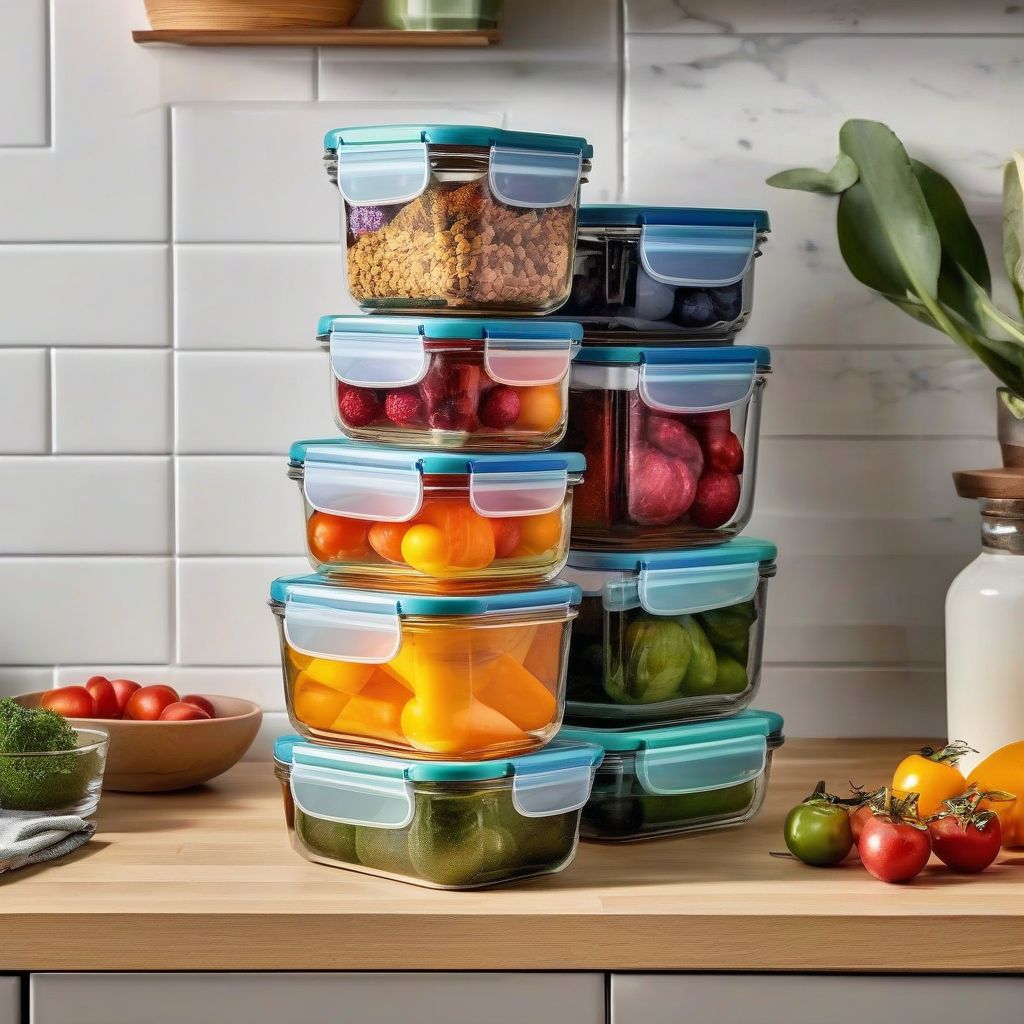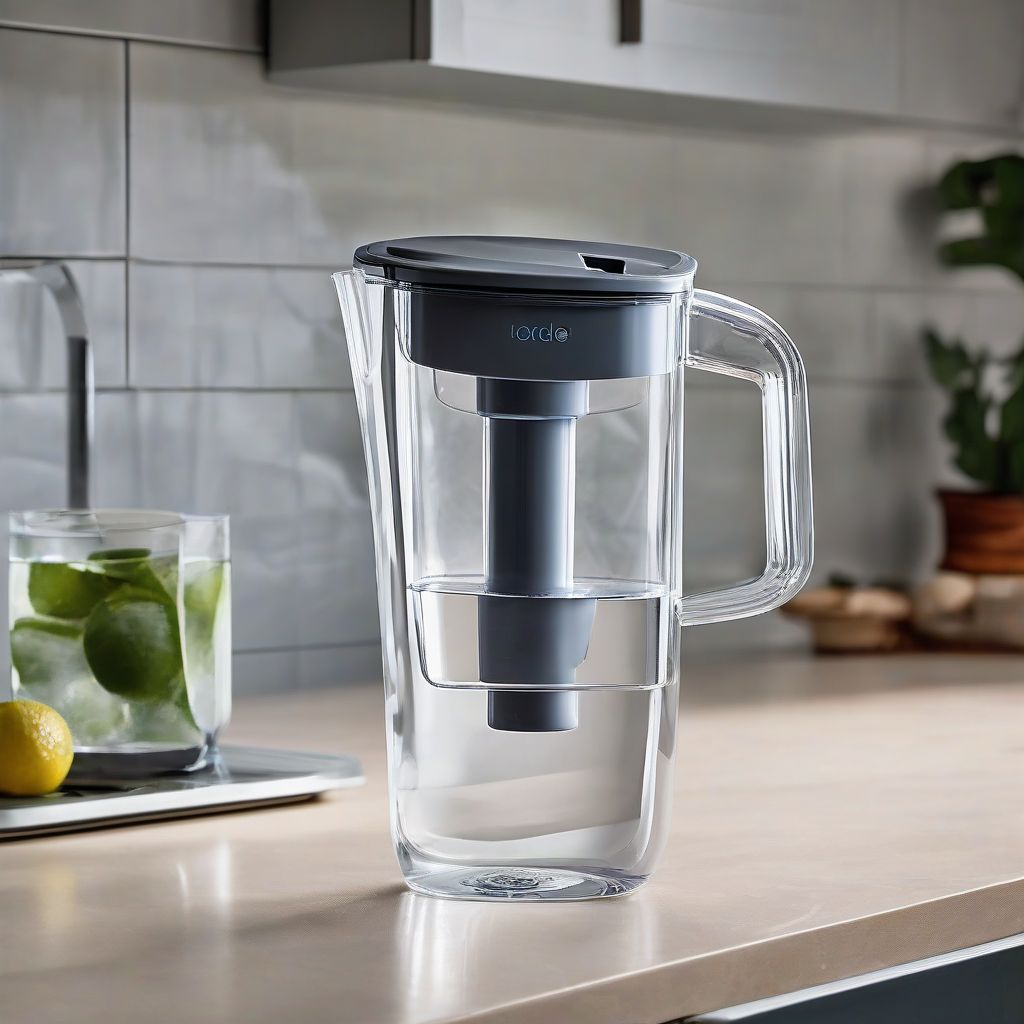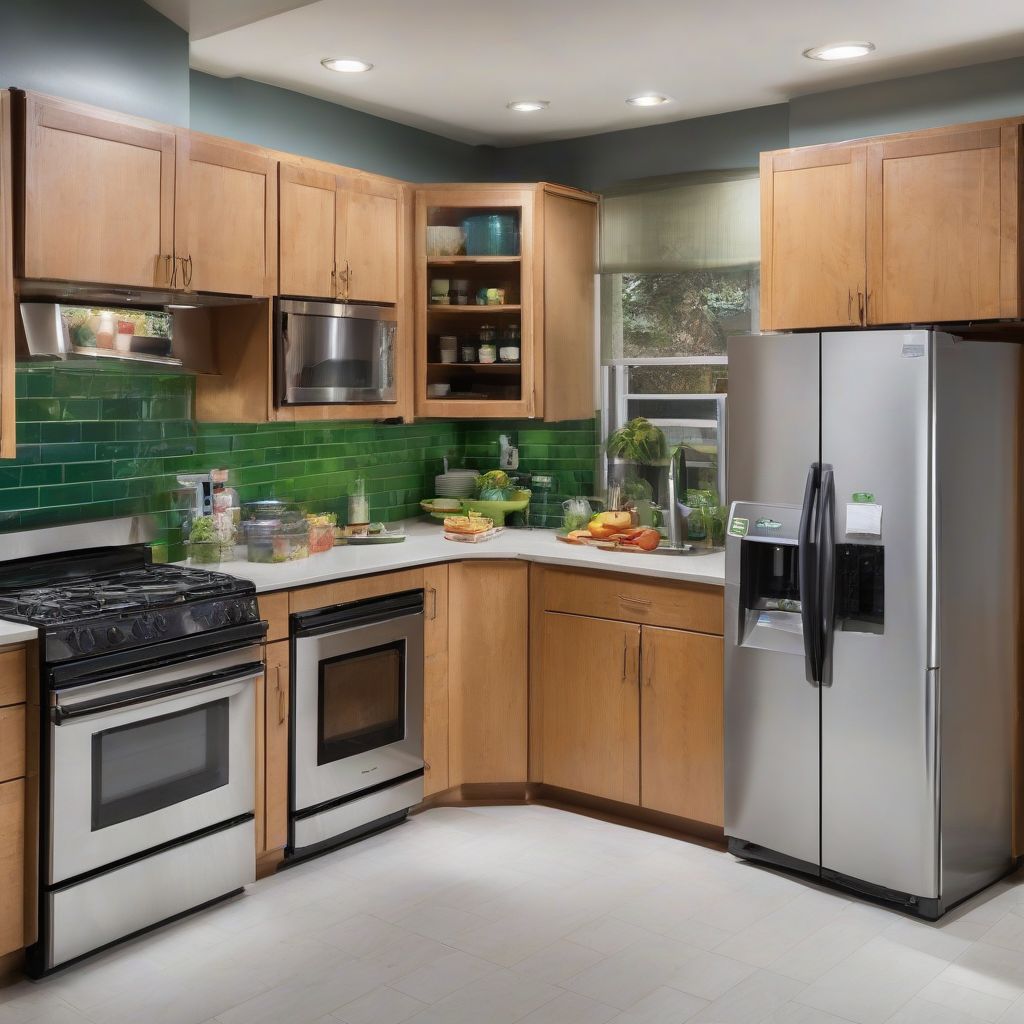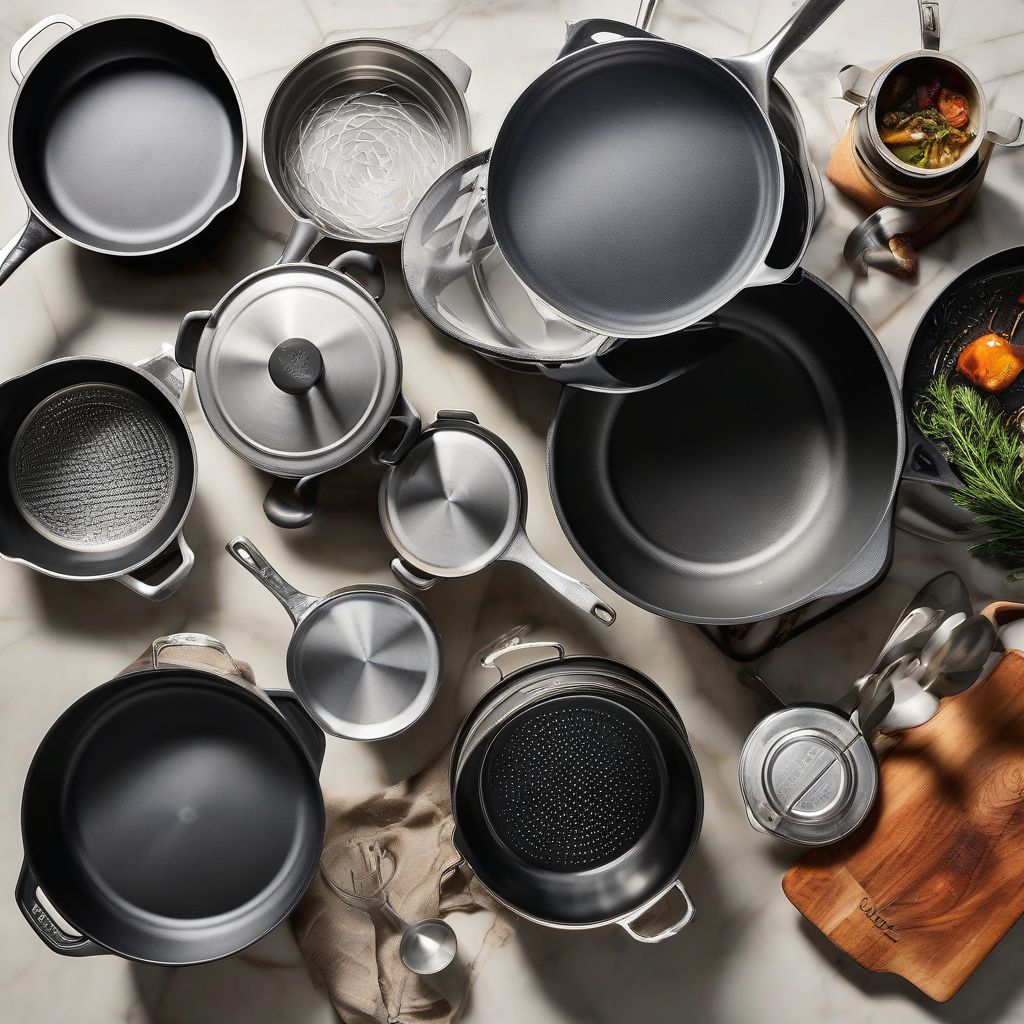Imagine this: you’re whipping up a delicious, healthy meal, and your kitchen isn’t just nourishing your body – it’s nourishing the planet too. Sounds like a dream, right? Well, with a few simple swaps to eco-friendly kitchen products, it can be your reality! As a nutritionist and meal prepping coach, I’m passionate about helping people live healthier, more sustainable lives. And it all starts in the heart of the home – your kitchen.
Why Choose Eco-Friendly Kitchen Products?
Traditional kitchen products often come with hidden costs – for both your health and the environment. From harmful chemicals leaching into your food to the mountains of plastic waste they generate, it’s clear we need a better way. Eco-friendly products offer a sustainable solution, minimizing your impact and creating a healthier home.
Top Eco-Friendly Swaps for a Sustainable Kitchen
Ready to green your kitchen? Here’s a rundown of the best eco-friendly products to get you started:
1. Reusable Food Storage: Ditch the Plastic Wrap!
 Reusable Food Containers
Reusable Food Containers
One of the easiest ways to reduce waste is to ditch single-use plastic wrap and bags. Invest in a set of high-quality reusable food storage containers.
Look for:
- Glass containers: These are microwave, oven, and dishwasher safe, making them incredibly versatile.
- Stainless steel containers: Durable and perfect for on-the-go lunches.
- Beeswax wraps: A natural and reusable alternative to plastic wrap.
- Silicone food storage bags: Leakproof and freezer safe, perfect for snacks and leftovers.
2. Sustainable Cleaning Supplies: Sparkle Without the Toxins
 Eco-Friendly Cleaning Products
Eco-Friendly Cleaning Products
Conventional cleaning products are loaded with harsh chemicals that can impact your health and pollute waterways. Choose eco-friendly options instead.
Top picks:
- DIY cleaning solutions: Simple ingredients like vinegar, baking soda, and lemon juice work wonders.
- All-natural dish soap: Look for plant-based options free of dyes and fragrances.
- Reusable cleaning cloths: Swap out paper towels for washable microfiber cloths or cut-up old t-shirts.
- Biodegradable trash bags and compostable bin liners: Make sure your waste is disposed of responsibly.
3. Water Filtration: Sip Sustainably
 Water Filter Pitcher
Water Filter Pitcher
Reduce plastic bottle waste and enjoy clean, filtered water at home with a water filter pitcher or a faucet filter. Many filters are now recyclable, so check for brands that prioritize sustainability.
4. Energy-Efficient Appliances: Lower Your Footprint, One Meal at a Time
 Energy-Efficient Appliances
Energy-Efficient Appliances
When it’s time to upgrade your appliances, choose energy-efficient models. Look for the Energy Star label, which indicates that a product meets energy efficiency guidelines set by the EPA.
- Energy-efficient refrigerators: Keep your food fresh while using less energy.
- Induction cooktops: Heat up faster and more efficiently than traditional gas or electric stoves.
- Energy-saving dishwashers: Use less water and energy per load.
5. Sustainable Cookware: Choose Materials That Last
 Sustainable Cookware
Sustainable Cookware
Ditch the Teflon and opt for durable, eco-friendly cookware that will last for years.
Best choices:
- Cast iron: Incredibly durable and heats evenly. Plus, it can add a boost of iron to your food!
- Stainless steel: Another durable and non-toxic option. Choose high-quality stainless steel that won’t leach metals into your food.
- Glass cookware: Oven-safe, non-reactive, and easy to clean.
6. Composting: Turn Food Scraps into Garden Gold
Composting is a fantastic way to reduce household waste and create nutrient-rich fertilizer for your garden.
- Countertop compost bins: Keep one on your counter for easy food scrap collection.
- Under-sink composters: Larger options for serious composters.
Small Changes, Big Impact
“It’s the little things we do that add up to make a big difference,” says Dr. Jane Goodall, renowned primatologist and conservationist. Creating a sustainable kitchen doesn’t require a complete overhaul. By incorporating a few of these eco-friendly swaps, you’ll be well on your way to a healthier home and a healthier planet.
Remember, every step towards sustainability counts!
What are your favorite eco-friendly kitchen swaps? Share your tips and tricks in the comments below!
[amazon bestseller=”reusable food containers”]
